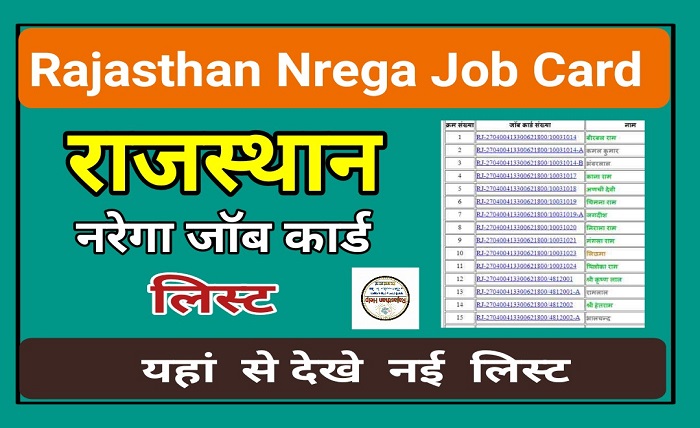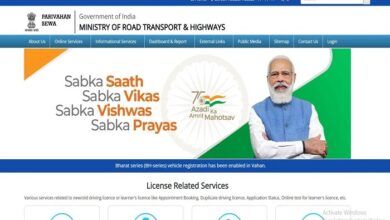NREGA Rajasthan: Empowering Rural Lives and Transforming the Landscape

The Mahatma Gandhi National Rural Employment Guarantee Act (MGNREGA), launched in 2005, has emerged as a cornerstone of rural development in India. In Rajasthan, the largest state by area in the country, NREGA has played a crucial role in empowering rural communities, generating employment, and creating valuable infrastructure.
NREGA in Rajasthan: Key Statistics and Impact
Job Creation and Livelihoods:
- As of November 2023, over 114.74 lakh job cards have been issued in Rajasthan, covering approximately 230.12 lakh workers.
- In 2022-23, NREGA provided 149.73 crore person-days of employment, generating crucial income for rural households.
- Over 88.94 lakh job cards are currently active, indicating continued reliance on the program for livelihood support.
Infrastructure Development:
- NREGA has facilitated the creation of vital rural infrastructure like water harvesting structures, irrigation canals, soil conservation works, and rural roads.
- These projects enhance agricultural productivity, improve water security, and facilitate better connectivity, contributing significantly to rural development.
Women’s Empowerment:
- NREGA promotes gender equality by guaranteeing equal wages for men and women.
- In Rajasthan, women account for 53% of the total workforce under NREGA, demonstrating their active participation and economic empowerment.
Social and Environmental Benefits:
- NREGA’s focus on environmental conservation through projects like afforestation and land development encourages sustainable practices and combats climate change.
- The program also strengthens social cohesion and empowers communities by fostering collective participation in development initiatives.
Challenges and Opportunities for NREGA in Rajasthan
While NREGA has achieved remarkable success in Rajasthan, there are still challenges to be addressed:
- Wage delays: Prompt and timely payment of wages is crucial for worker motivation and program sustainability.
- Skill development: Equipping workers with new skills will enhance their employability and increase their income-earning potential.
- Transparency and accountability: Strengthening mechanisms for transparency and accountability can further enhance public trust and program effectiveness.
Despite these challenges, NREGA remains a vital tool for rural development in Rajasthan. Opportunities exist for further strengthening the program through:
- Digitalization: Implementing digital solutions for wage payments, job allocation, and project management can improve efficiency and transparency.
- Skill training: Integrating skill development programs with NREGA can empower workers and open up new livelihood opportunities.
- Public awareness: Enhancing public awareness about NREGA’s benefits and grievance redressal mechanisms can encourage wider participation and ensure better program implementation.
Conclusion
NREGA has emerged as a transformative force in rural Rajasthan. By ensuring employment, creating infrastructure, and empowering communities, the program has significantly improved the lives of millions. Addressing existing challenges and embracing new opportunities will further strengthen NREGA’s impact and contribute to a more prosperous and equitable rural landscape in Rajasthan.



